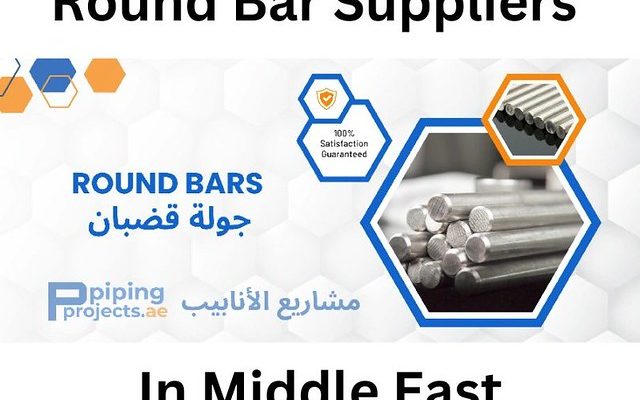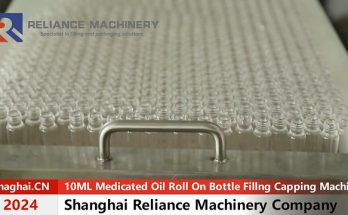Round Steel: Manufacturing, Features, Advantages, Application, Selection Tips and Conclusion
Round Steel is a versatile type of metal used in various industries for its durability and strength. This article discusses the manufacturing process of round steel, its distinct characteristics, advan Steel Pipe/Tube tages it offers to different applications, methods of selecting the righ Steel Pipe/Tube t product and concludes with key takeaways.
Manufacturing:
The production of Round Steel involves several steps. It begins with the selection of quality raw materials such as Tubular Steel or Solid Round Metal. The chosen material undergoes heating and melting processes until it reaches a molten state. Once melted, it is poured into molds shaped in rounded forms known as Barstock Steel molds. After cooling down and solidifying through a controlled cooling process, the steel takes on a circular shape.
Features:
One prominent Rounded Metal feature of Round Steel is its uniformity in shape. This characteristic makes it highly suitable for applications that require consistent performance or aesthetic appeal like construction projects or decorative purposes. Additionally, this type of steel possesses high tensile strength which enables it to withstand heavy loads without deformation.
Advantages:
Round steel has several advantages that make it favorable over other types of metals. Firstly, due to its circul

ar shape and seamless structure obtained through careful manufacturing techniques involving special machines like Steel Pipe/Tube machinery – ensures excellent resistance against corrosion compared to square or rectangular shapes prone to moisture accumulation.
Secondly,rRoound sSteel can be easily formed into different shapes using bendin Round Steel g tools without losing its structural integrity. Lastly,the ductility exhibited by round steel further improves its mechanical properties like resilience – making cracking under intense forces difficult,, increasing preventing safety risks.
Uses:
Tubular Steel There are numerous ways multiple application areas where round steels finds application are vast . PFor instance
1., ,in Stella Round Steel r constructions,such as building frameworks– usedas columns& barsstructural elements- they., play an essential role in providing stability while supporting immense structures buildings needed..
2., ,In the Automobile automotive industry sector, round steel plays a vital role in producing shock-absorbing components such as leaf springs or axles.
3. FinallyLastly, because of its versatile properties and appealing aesthetics, Round Steel is often inused for decorative purposes too,, found in consumer products like furniture handles door knobs,, artistic structuresamong others..
How to select th Solid Round Metal e right product:
While choosing round steel for your specific application, several factors require careful consideration:
1., Tensile strength: Determine the stress levels your project will encounter and choose an appropriate grade with sufficient tensile strength.
2.. Corr Round Steel osion resistance: If your application involves exposure to moisture or chemicals, opt for stainless steel grades that offer good corrosion resistance.
3.ProtectioDurability:n Check if additional protective coatings are necessary based on environmental conditions and expected wear and tear.
Conclusion:
Round Steel is a valuable material manufactured using a precise process combining Tubular Steel or Solid Round Metal w

ith Barstock Steel molds. Its versatility combined with exceptional durability provides multiple advantages across various industries including construction, automotive, and decorative applications . By considering key selection criteria such as tensile strength and corrosion resistance while taking into ac Round Steel count specific project requirements one can make informed decisions when opting for t.this reliable metal .


